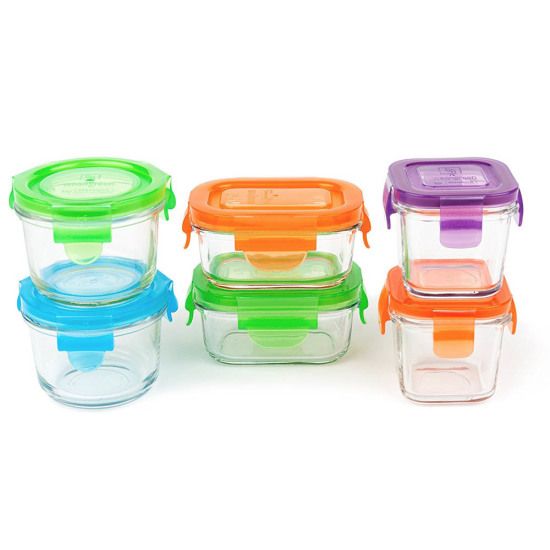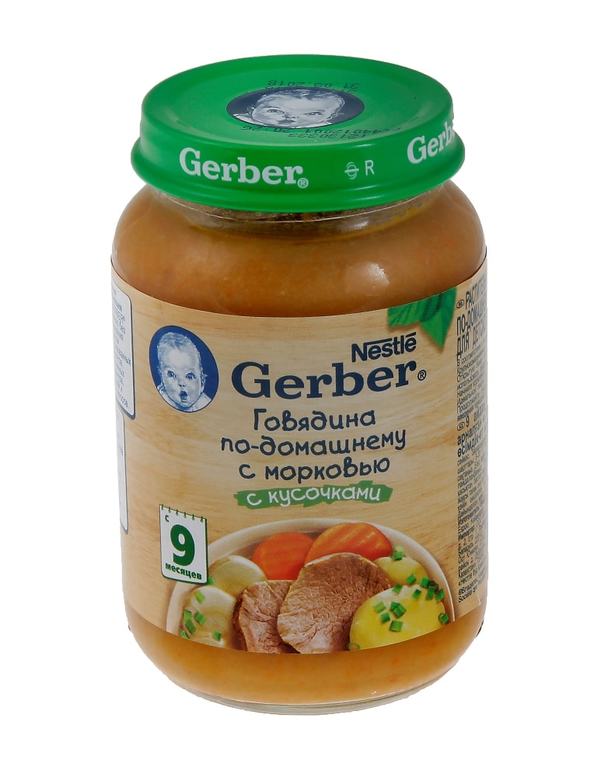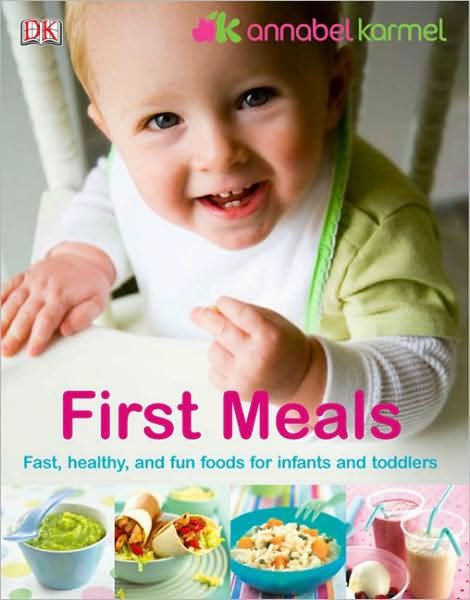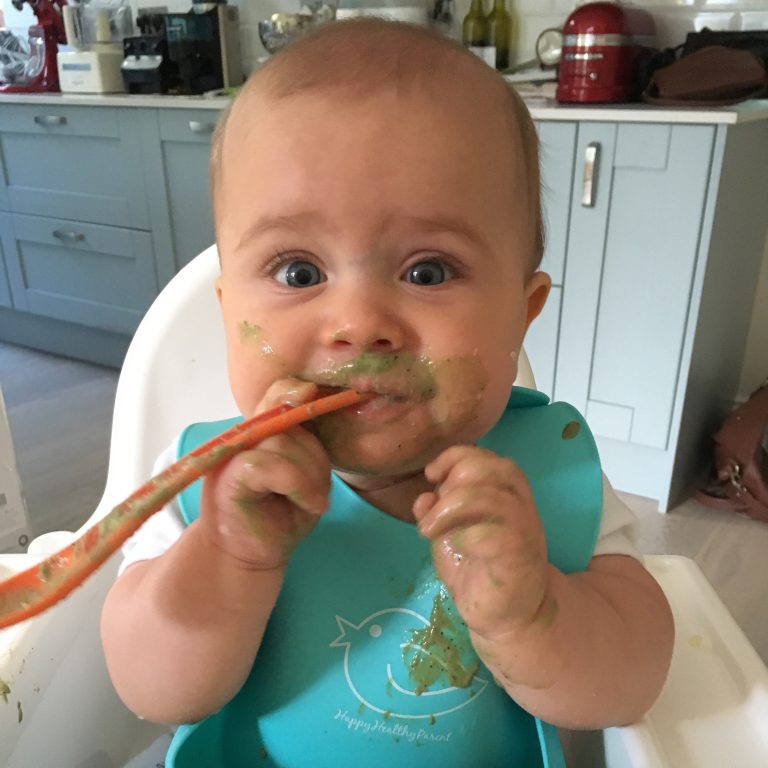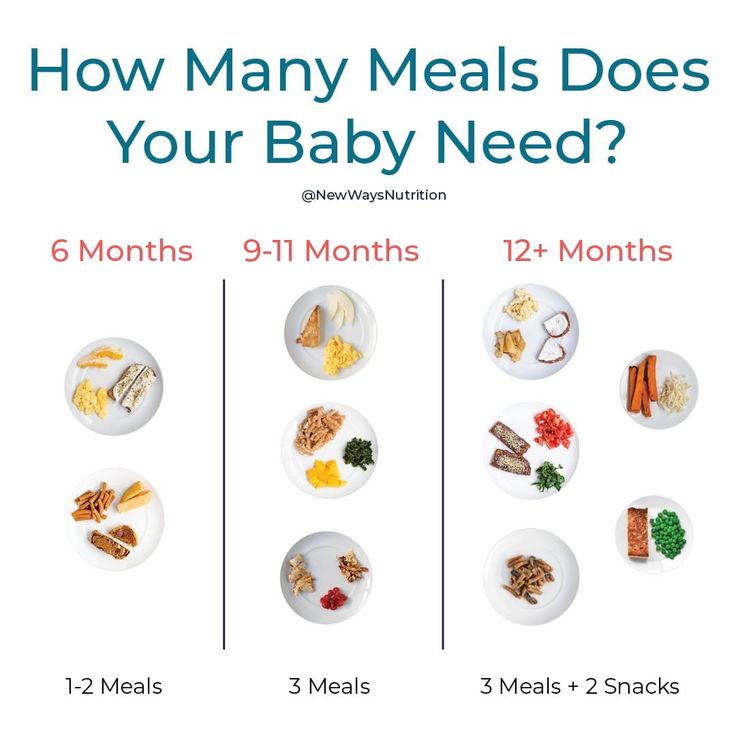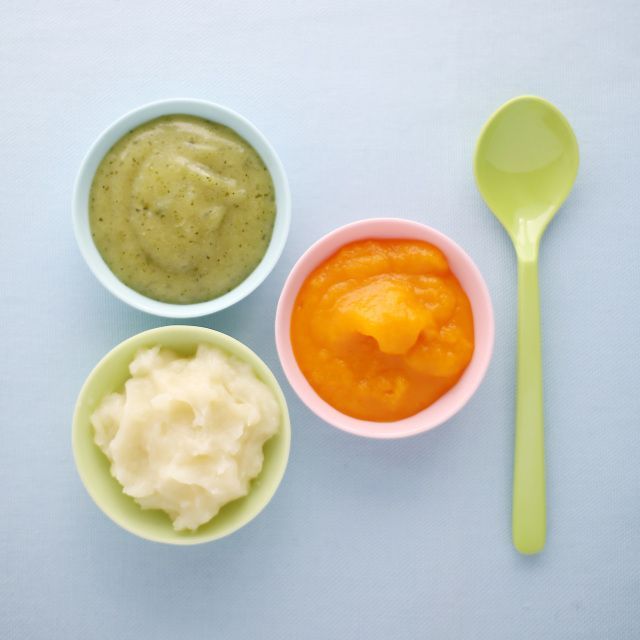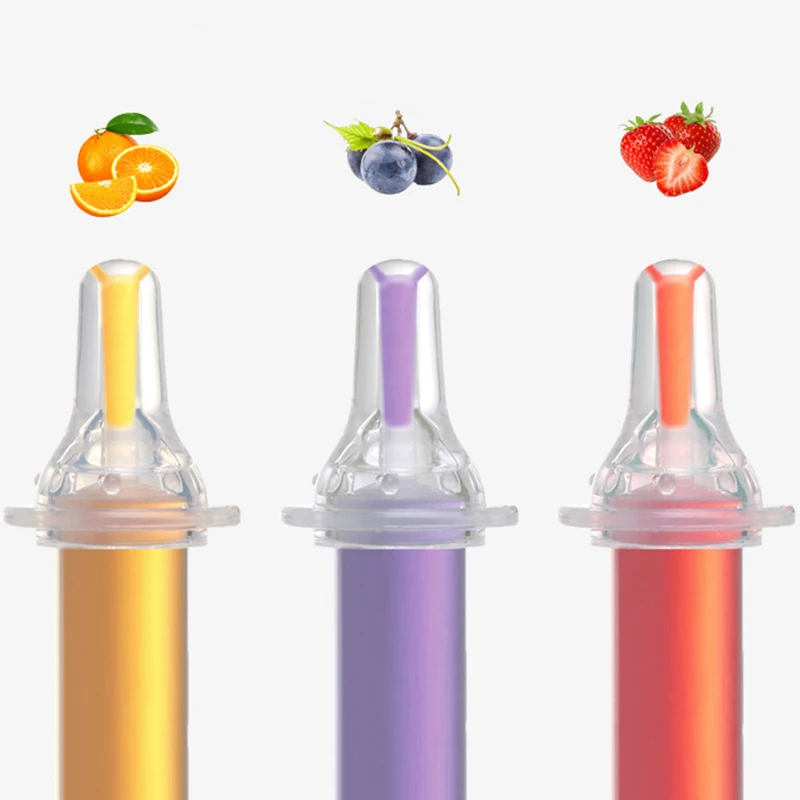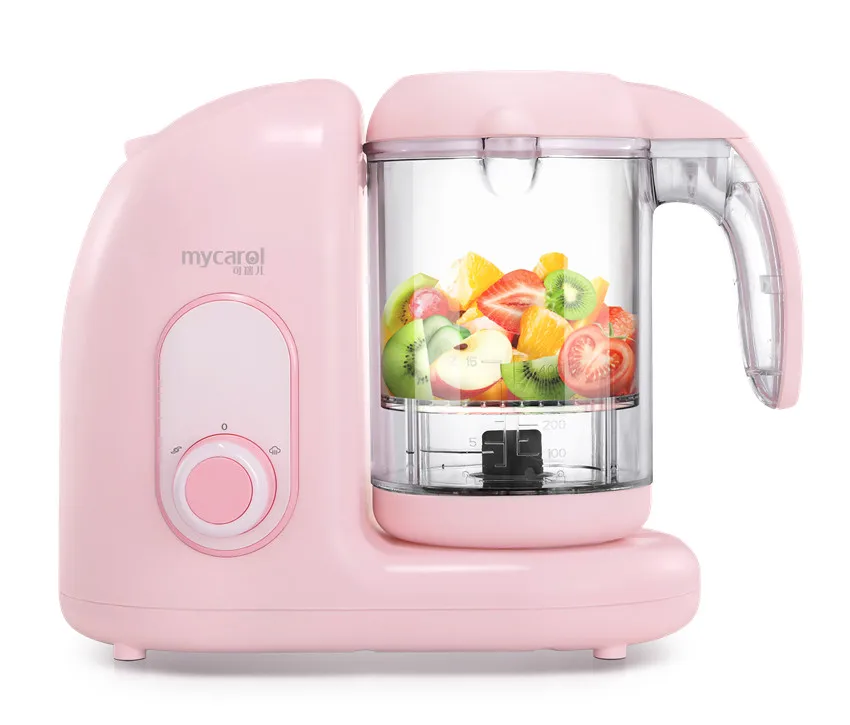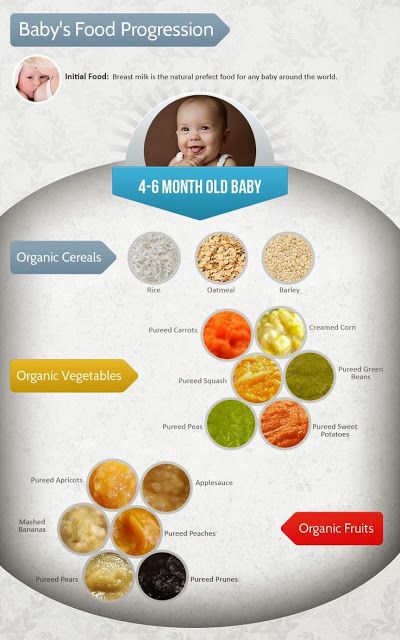Glass found in baby food
More Glass Reported Found in Gerber Baby Food
The Associated PressFebruary 21, 1986 GMT
Undated (AP) _ Despite reports of glass fragments in Gerber baby food jars from at least eight states, company and federal officials maintain the incidents are ″isolated cases″ among more than a billion jars produced annually.
″There are countless numbers of these products distributed all over the world, and to have four or five cases be symptomatic of a flaw running throughout the industry would be a little difficult to justify,″ Emil Corwin, a U.S. Food and Drug Administration spokesman in Washington, said Thursday.
Glass fragments had been confirmed in two jars of baby food in Georgia, but may have gotten there innocently, he said. The agency was awaiting results of laboratory tests on other samples from Georgia and Florida suspected of containing glass.
Glass also was reported found by parents feeding infants in Nebraska and Washington state, and other states reporting similar cases were Maryland, Michigan, Tennessee and New York.
″The assumption is at this point, these problems arose in transit, during shipment of the stuff - the boxes were dropped here or there or something happened in the packing, unpacking and putting on the shelves, or even during bagging in the supermarket,″ Corwin said.
Jars broken in transit can leave fragments clinging to the outside of other jars that can be sucked into the intact jar when its vacuum seal is broken, Corwin said.
The FDA is advising consumers against buying glass containers with sticky outsides or food stains on the label that could indicate a broken jar in the shipping case, he said, adding that consumers also should listen carefully for any grating sound when opening a glass jar.
Corwin said the FDA had followed up on nine complaints in four states, but found glass only in one of the Georgia incidents, where fragments were found in two of three jars turned in by a consumer.
The jars contained different foods, he said, and checks of other samples from those lots failed to disclose any glass fragments.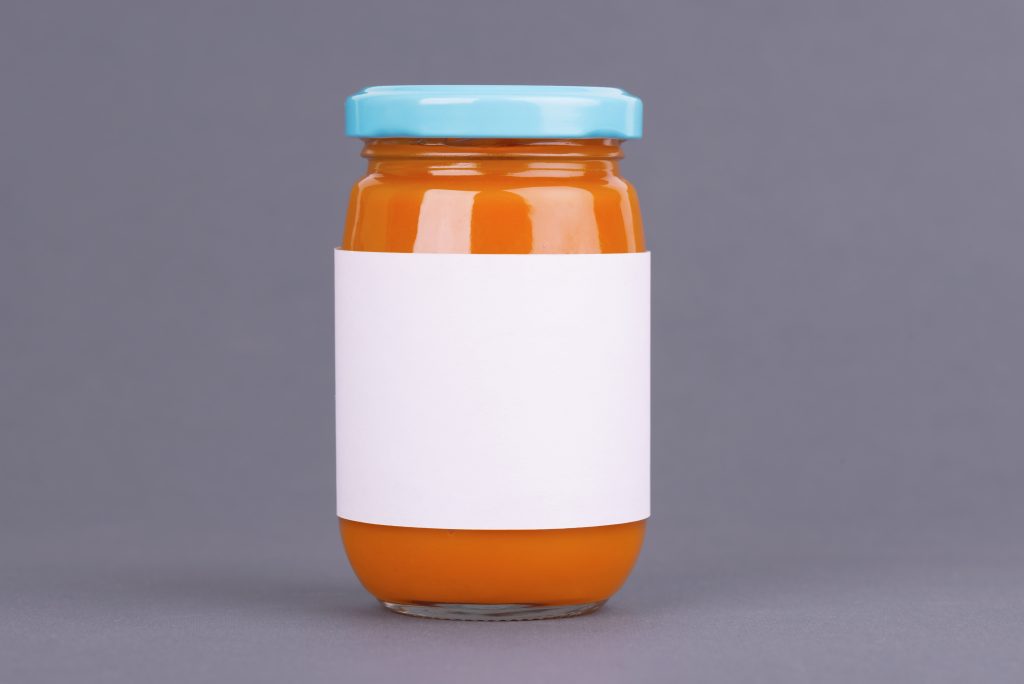
Corwin said recent investigations of Gerber’s home plant in Fremont, Mich., and three others found ″good, state-of-the-art manufacturing systems in place.″ The plants are being revisited in light of the recent reports, he added.
Since midweek, stores and supermarket chains in Georgia, Tennessee and New York state have removed Gerber baby food jars from their shelves.
ADVERTISEMENT
A Gerber spokesman said Thursday that the incidents were isolated.
″We’re investigating each incident on an individual basis. Our quality control people are taking a look at the evidence. As a matter of fact the FDA feels these are isolated cases, also,″ said Steve Poole, a spokesman for Gerber Products.
″In some cases it’s proven to be case breakage. In other cases it’s proven to be an inaccurate or an incomplete or, possibly, false report,″ he said.
Gerber last recalled of 550,000 jars of apple-plum and apple-cherry juices in October 1984, after glass fragments were found inside some of the containers bought in Rhode Island.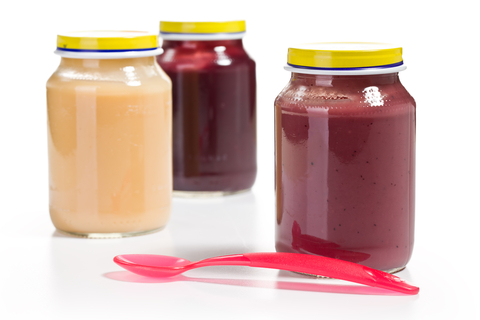
One of the world’s largest baby food makers, Gerber produces more than 1 billion jars a year.
Why Baby Food Packaging Makes Sense
Have you ever been through a really bad breakup? From high school through adulthood, most of us have a horror story or two of an ugly breakup. Depending on what side of the breakup you were on, you still might find yourself saying good riddance.
So, to our wonderful baby food packaging blog readers, I’m here to tell you that you’ve reached another breakup point in your life—and I’m not talking about your relationship status. We’re not relationship counselors or matchmakers, but we do happen to be experts in the packaging field, and we’re here to give you some sound advice.
The glass has got to go.
Put Down The Glass Baby Food Jar—It’s Time For Your Intervention
Once upon a time, glass packaging was the best thing since sliced bread. Glass containers lined the grocery store shelves and contained products from pickled eggs to strawberry jam.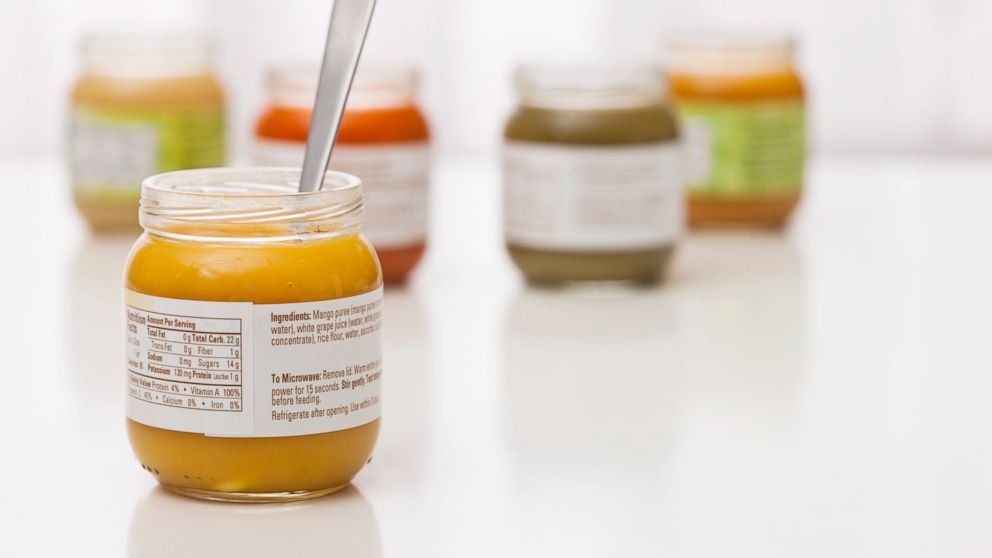 Glass will likely always have its place somewhere in the food market, but let’s face it: you’re taking a step back if you are still investing in glass packaging.
Glass will likely always have its place somewhere in the food market, but let’s face it: you’re taking a step back if you are still investing in glass packaging.
Embrace The Future With Flexible Packaging
You’re well aware that we’re no longer in the 1940s with only 2 or 3 options for packaging your food. You’re also likely aware that we’re in a new era of innovative, smart packaging options for you to explore. They don’t involve glass, but they do involve being more innovative and making a bigger impact with your consumers.
Why All The Glass Hate?
We don’t necessarily hate glass—we just believe there are better options. Glass can present a variety of problems for food manufactures; and a few of those problems can cost your company time, manpower, and wasted revenue.
For example, Beech-Nut recently recalled nearly 2,000 pounds of baby food. The culprit?
Glass fragments.
According to NBC News, small pieces of glass were found within a 4-ounce glass jar of Classics Stage 2 Sweet Potato & Chicken.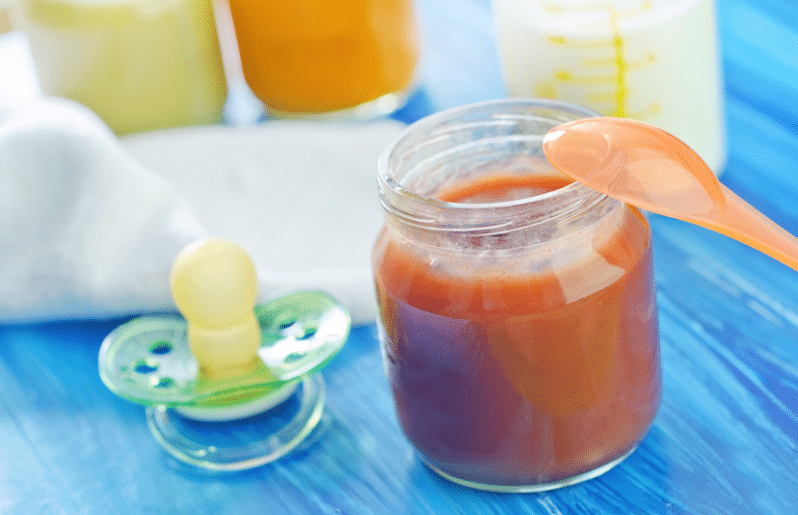
As of now, there have been no reports of any victims ingesting glass fragments. But imagine the damaged reputation and loss of trust if a baby ends up with a piece of glass on his or her spoon.
Beech-Nut is doing the right thing by ordering a voluntary recall, and we’re sure you’d do the same. But it’s obvious that there’s an easy workaround to never worrying about glass fragments in your food again—and that’s by switching to flexible retail packaging.
A Better Option For Beech-Nut
Barrier bags for baby food are still relatively new to the market, but they are gaining popularity. There has been some skepticism surrounding baby food packaging in the past, with critics claiming that they don’t help babies develop reflexes to help swallow solid foods. In addition, critics have also claimed that babies who use barrier bags grow up to become more self-absorbed.
While self-absorption and other claims are up for debate, one thing is certain for Beech-Nut: switching to barrier bags for baby food is the perfect solution to getting rid of glass troubles for good.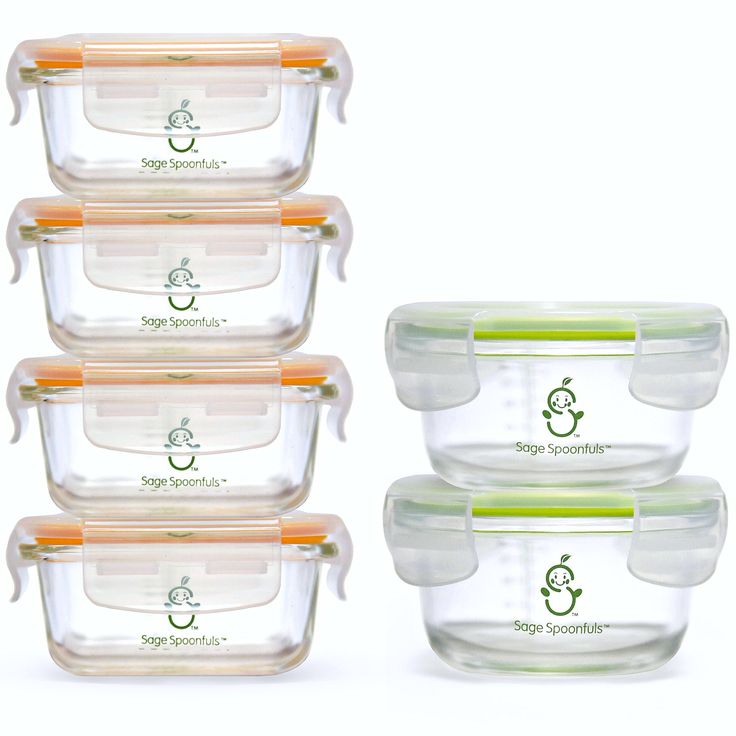
Why Barrier Bags for Baby Food Are Safe
If you have any doubt of the safety of packaging, try this data on for size: the military has used retort pouches since the 1960s to feed their soldiers. Retort pouches offered a safe alternative to transporting food to the armed forces, and the pouches were a no-fuss solution for hungry soldiers. They’re convenient, safe, and made a lot of sense for the situation at hand.
We can easily say the same for packaging for baby food. You won’t have to worry about your baby hurting himself with a baby food pouch. And as long as a responsible adult removes the lid and keeps it out of reach, there is virtually nothing for the baby to choke on.
Oh, and we forgot to mention—you won’t find any glass fragments in barrier bags, either.
Other Benefits of Barrier Bags
Aside from being entirely glass free, there are other benefits of using flexible retail packaging for baby food.
First, they are convenient. When busy moms and dads are on the go, sometimes it’s not practical to pull up a highchair and spoon-feed your baby right on demand. With barrier bags, your baby can essentially feed himself with your watchful eye close by.
When busy moms and dads are on the go, sometimes it’s not practical to pull up a highchair and spoon-feed your baby right on demand. With barrier bags, your baby can essentially feed himself with your watchful eye close by.
Another benefit to choosing flexible packaging over glass jars: manufacturing costs. Glass jars for baby food can cost upwards of 60 cents per jar. When you compare this to the cost of baby food packaging, the difference is quite remarkable. Barrier bags for baby food cost between $.10 and $.25 cents per pouch (depending on the volume). That’s under half of the cost that you’d spend on a baby food glass jar.
Who doesn’t want to save a little bit of money?
Furthermore, barrier bags are lighter and easier to transport. This comes from both a shipping/transportation angle, and from the perspective of your customers. It can be cheaper to ship baby food packaging since they take up less space, which translates to using fewer trucks to haul your shipment.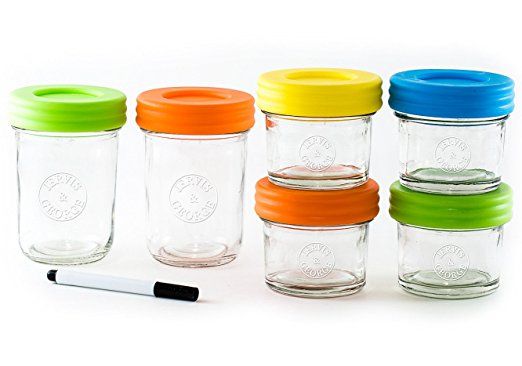
And from your customers’ standpoint, it’s much easier to tuck away a baby food pouch in a diaper bag than a bunch of glass jars. You don’t have to worry about these pouches breaking open and spilling everywhere inside a diaper bag, resulting in nothing but a hungry baby and a big mess to clean up.
Rebuild Your Brand—Go Glass Free
As you can see, baby food in barrier bags just makes sense from several angles. They are safe to use, cheaper to manufactures, and easier for your customer to carry around than glass baby food jars.
You’re only steps away from glass freedom. Let’s work together to get your new baby food packaging in your customers’ hands. As always trust your packaging professional for help and guidance. Remember, it’s your product, package it properly!
90,000 mom, who found glass in baby food: from the plant, we were given juice, but I'm afraid to give it to the child
Komsomolskaya Pravda
Society of interest -evetebsk: News
Natalya Partina
February 20, 2015 12:56
Sin -month -old boy miraculously not swallowed a bean-sized shard that ended up in apple-blueberry puree
This piece of glass ended up in a jar of baby food.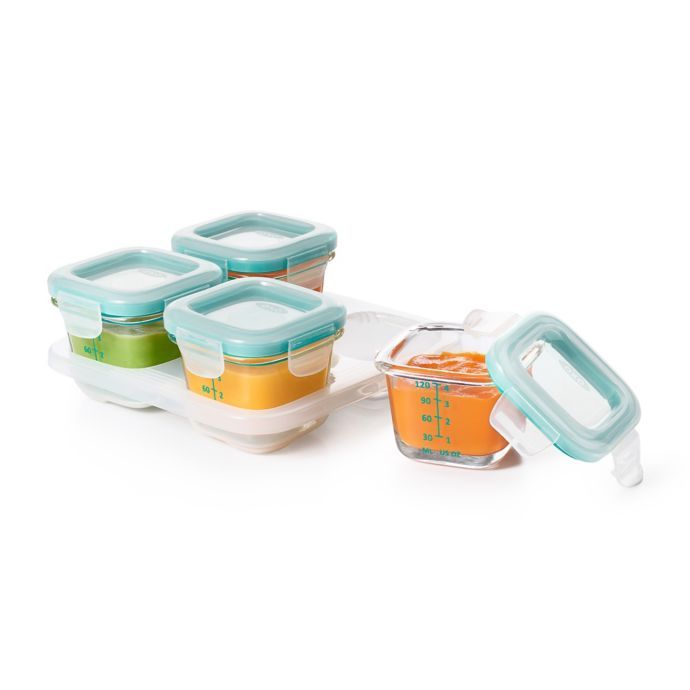 Photo: from the personal archive of Darya Goryuutina.
Photo: from the personal archive of Darya Goryuutina.
Darya Goryuutina still remembers this day with a shudder:
- The whole horror is that I scooped up the puree with my own hands and gave it to my son! I saw that there was something like a clot in the spoon, but I could not even think that there could be a foreign object in baby food. And even more so - a piece of glass! So I thought it was just a clot...
The kid spat out a piece of glass the size of a bean. He was lucky that the edges of the fragment were not as sharp as they could be, and he did not cut himself. And it was also lucky that the glass turned out to be large enough - if it were smaller, the boy could swallow the glass along with the puree, and the consequences could be unpredictable.
Daria has never bought baby food from the Vitebsk fruit and vegetable factory before. And then my sister came to visit, brought different purees. In the apple-blueberry and there was a dangerous "surprise".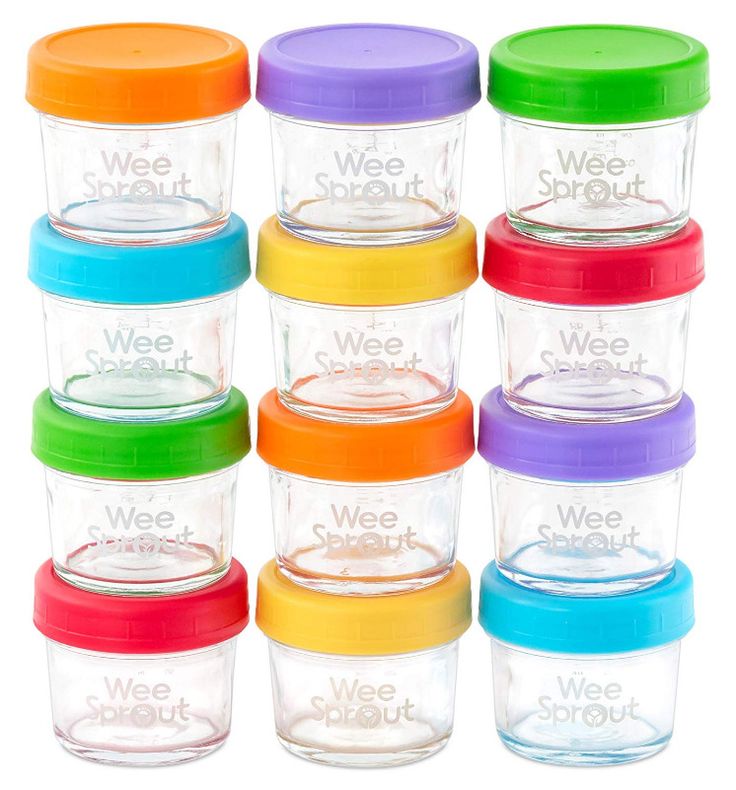
- My mother immediately called the plant to make a claim, but they did not listen to her, - says Daria. - In the consumer protection society, the problem was also treated coolly. And after a while I saw an advertisement for this manufacturer in one of the Vitebsk newspapers and left an angry comment. Either they read it at the plant, or the journalists began to ask questions, but after that they called us back. They asked for a jar. True, no one from the administration of the enterprise personally came to apologize, either a driver or a courier was sent for a jar.
As compensation for moral damages, the driver left Darya several packs of juice. Of course, the production of the Vitebsk fruit and vegetable plant. She is afraid to give the child juice after the incident. So there is compensation on the balcony with a dead weight.
The mill is currently investigating the incident.
- If a can is broken on the conveyor, a certain number of cans around are removed, this is provided for by the instructions, the administration said.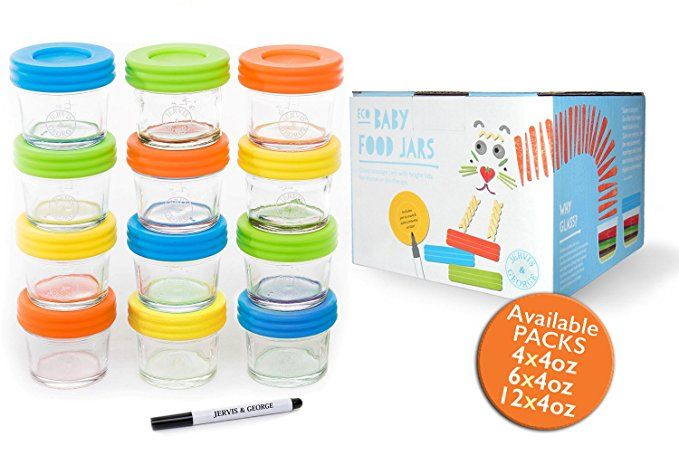 - We checked - on the day when this can was produced, there really was such a case. Everything was done according to the instructions. It is possible that there is a need to revise this instruction. Once again we apologize to Daria Goryuutina.
- We checked - on the day when this can was produced, there really was such a case. Everything was done according to the instructions. It is possible that there is a need to revise this instruction. Once again we apologize to Daria Goryuutina.
There is no talk of a recall from the sale of mashed potatoes produced by the second shift on November 29, 2013: most likely, the batch has already been completely sold out. Several employees of the plant are deprived of bonuses.
Age category of the site 18+
Online publication (website) registered by Roskomnadzor, certificate El No. FS77-80505 dated March 15, 2021
I.O. EDITOR-IN-CHIEF - NOSOVA OLESIA VYACHESLAVOVNA.
I.O. Chief Editor of the site - Kansky Viktor Fedorovich
Messages and comments from site readers are posted without preliminary editing. The editors reserve the right to remove them from the site or edit them if the specified messages and comments are an abuse of freedom mass media or violation of other requirements of the law.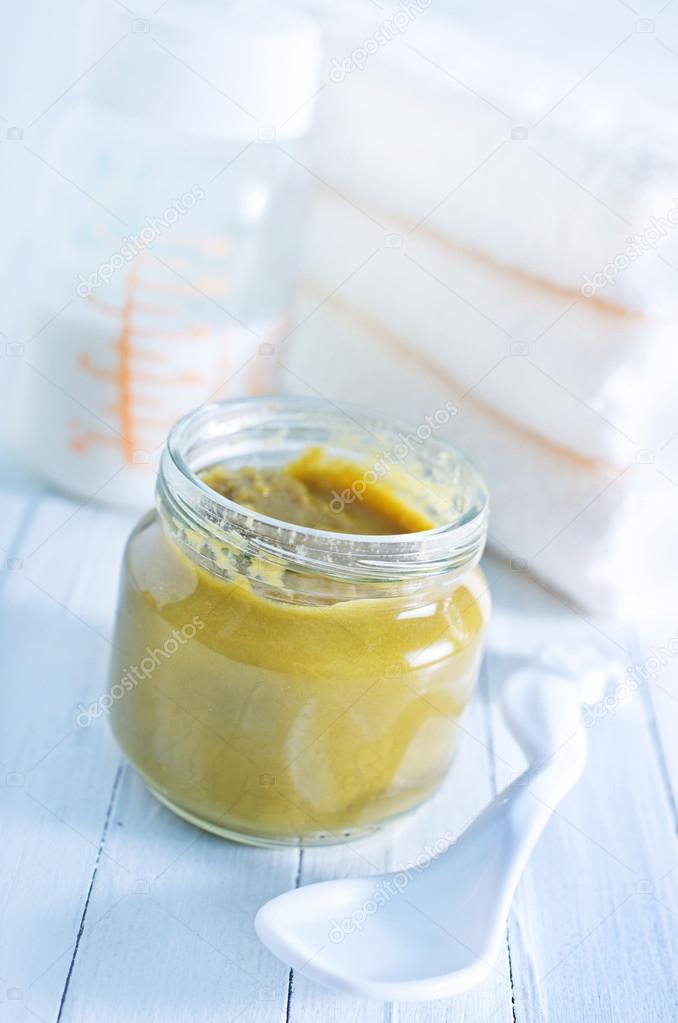
JSC Publishing House Komsomolskaya Pravda. TIN: 7714037217 PSRN: 1027739295781 127015, Moscow, Novodmitrovskaya d. 2B, Tel. +7 (495) 777-02-82.
Exclusive rights to materials posted on the website www.kp.ru, in accordance with the legislation of the Russian Federation for the Protection of the Results of Intellectual Activity belong to JSC Publishing House Komsomolskaya Pravda, and do not be used by others in any way form without the written permission of the copyright holder.
Acquisition of copyrights and communication with the editors: [email protected]
Glass in baby food - how can this be?
Many parents prefer to buy jars of baby food instead of making their own purees. This is convenient, but be careful - sometimes glass is found in the food.
Contents
- Advantages of glass packaging
- Nestle baby food
- An unpleasant fact in the history of Nestle
- Domestic experience
- Useful Caution
Baby food store shelves are full, the choice is huge, manufacturers guarantee high quality and multi-stage production control.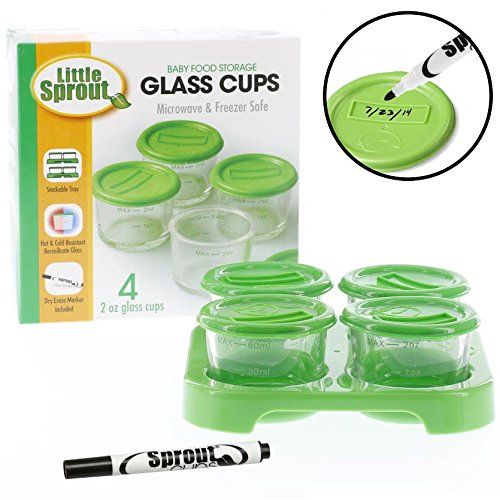 Trusting world brands, keep an eye on the quality of packaging and contents - there were cases when glass in baby food was found in the products of famous manufacturers.
Trusting world brands, keep an eye on the quality of packaging and contents - there were cases when glass in baby food was found in the products of famous manufacturers.
Advantages of glass packaging
Compared to other types of packaging, glass has clear advantages, this container:
- hygienic
- transparent
- airtight
- does not react with the contents of the jar
The main disadvantage of glass is its brittleness. To avoid getting glass in baby fruit or vegetable puree, carefully inspect the packaging - the lid on a hermetically sealed jar is slightly pulled in the middle. Pay attention to the characteristic cotton when opening the jar. The slightest deformation of the packaging is a bad sign.
Baby food from Nestle
Industrial purees are offered by many manufacturers, the range of baby food is huge. Nestle Corporation has been a leader in the market for over a hundred years. The company invests billions of dollars in research and development.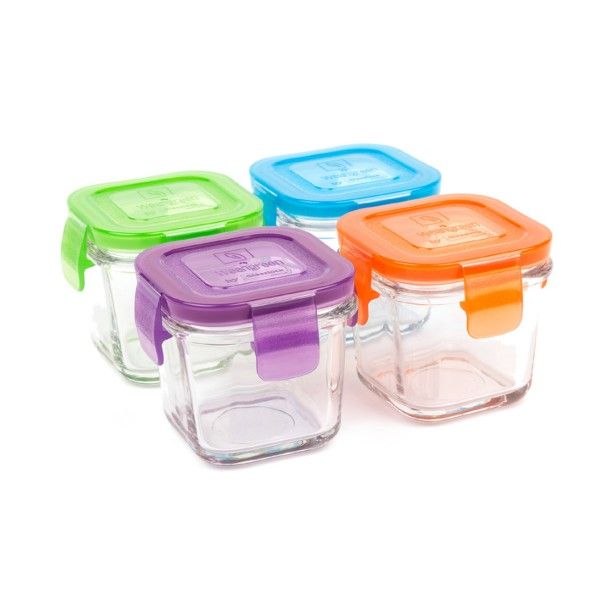 Production facilities operating under the Nestle brand are located in 86 countries of the world; since 1995, representative offices have appeared in Russian cities.
Production facilities operating under the Nestle brand are located in 86 countries of the world; since 1995, representative offices have appeared in Russian cities.
Nestle baby food is considered completely safe, as the company has implemented a strict control system at all levels. Food for the smallest is packaged only in new glass jars so that customers can see the consistency and color of the puree. Before use, each jar is checked manually and X-ray flaw detection is carried out. Only after that the containers are sterilized, filled and sealed using modern equipment.
An unpleasant fact in the history of Nestle
The impeccable credibility of the company was shaken when glass got into Nestle's baby food. It's hard to believe, but in 2011, a jar of Banana puree with crushed glass was bought in France. Fortunately, there were no accidents. The fact was immediately reported to the French representative office of the corporation, the entire batch of food was withdrawn from trade on the same day.